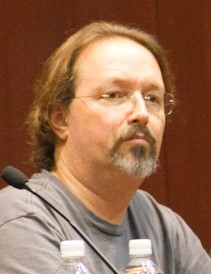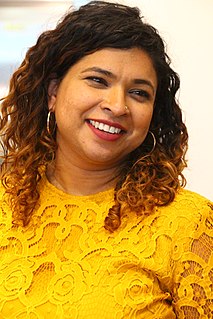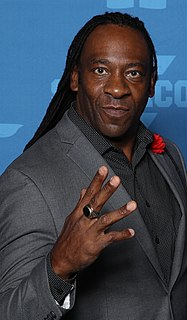A Quote by Marc Laidlaw
There's a misunderstanding that I've always tried to address straight on when this question comes up, which is that a 'Half-Life' story can somehow exist outside of a game. It can't. The story is created through the process of trying to figure out how to best use the features of the engine within the interesting set of constraints it poses.
Related Quotes
So tell me, since it makes no factual difference to you and you can't prove the question either way, which story do you prefer? Which is the better story, the story with animals or the story without animals?' Mr. Okamoto: 'That's an interesting question?' Mr. Chiba: 'The story with animals.' Mr. Okamoto: 'Yes. The story with animals is the better story.' Pi Patel: 'Thank you. And so it goes with God.
We are trying to communicate that which lies in our deepest heart, which has no words, which can only be hinted at through the means of a story. And somehow, miraculously, a story that comes from deep in my heart calls from a reader that which is deepest in his or her heart, and together from our secret hidden selves we create a story that neither of us could have told alone.
I fundamentally believe that no one can teach you how to write - finding out how to write a story is part of the process of creating a story - but you can really learn through exposure to different writing, to different art forms, to different modes of storytelling, and with mentors who are able to get you to step outside your comfort zone.
Some people ask why we don't just wait until we have the whole story before posting. The fact is that we sometimes can't get to the end story without going through this process... When a story is up and posted, it's amazing how many people come out of the woodwork to give us additional information... And readers love it.
That story about the two women in my life is - a lot of people get upset, a lot of people question it. Steven Soderbergh said to me, "The story of your life is incredible. The real story of your life that's interesting, more interesting than all the other stuff - the franchises, the movies, the songs, Elvis Presley, Frank Sinatra - the real thing that's interesting and unbelievable is the relationship with these two women. And if you're willing to put that out there, you know then, you're going to have a great movie. Because that's the movie."
What's your story? It's all in the telling. Stories are compasses and architecture; we navigate by them, and to be without a story is to be lost in the vastness of world that spreads in all directions like arctic tundra or sea ice. To love someone is to put yourself in their place, we say, which is to put yourself in their story, or figure out how to tell yourself their story. Which means that a place is a story, and stories are geography, and empathy is first of all an act of imagination, a storyteller's art, and then a way of traveling from here to there.
I think that when I'm telling a story, I'm doing the best I can to tell the story as fully as I can, and if there are various fractures that happen in the story, then that's just the very thing that the story is as opposed to my looking for avenues of difference in one story. They just really do exist. For me, anyway.
Perhaps if there is anything remotely interesting about my writing style, it is this: more often than not I have no idea what the story is going to be about. Sometimes I have a fuzzy vision, or a glimpse of one scene, or a character. But mostly all I have is a random first sentence, and I follow it to see where it might go. For me, writing is the process of discovery, of gradually figuring out what happens in the story and how it ends, that makes writing an interesting process for me.






































